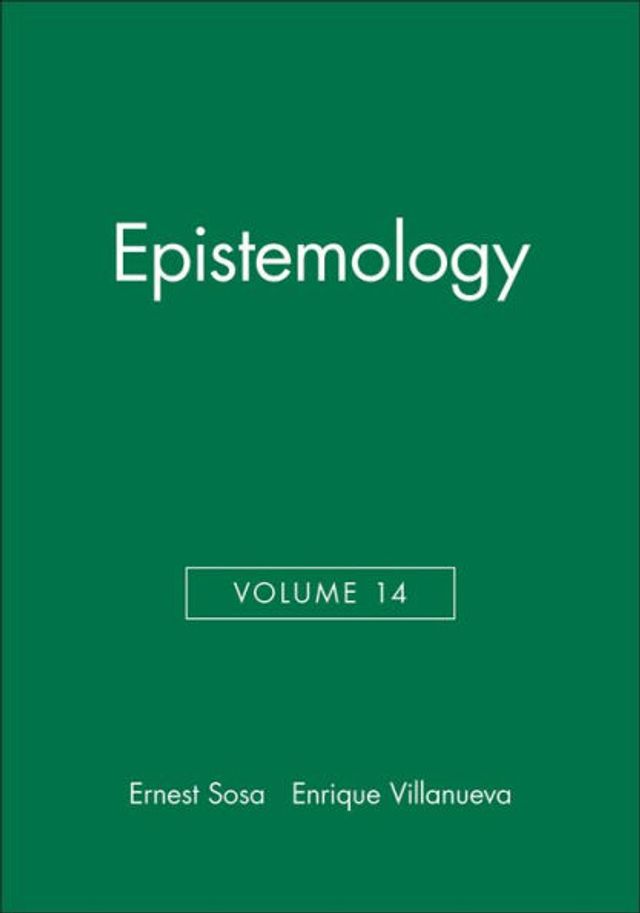Home
The Epistemological Skyhook: Determinism, Naturalism, and Self-Defeat / Edition 1
Barnes and Noble
The Epistemological Skyhook: Determinism, Naturalism, and Self-Defeat / Edition 1
Current price: $200.00


Barnes and Noble
The Epistemological Skyhook: Determinism, Naturalism, and Self-Defeat / Edition 1
Current price: $200.00
Size: OS
Loading Inventory...
*Product information may vary - to confirm product availability, pricing, shipping and return information please contact Barnes and Noble
Throughout philosophical history, there has been a recurring argument to the effect that determinism, naturalism, or both are self-referentially incoherent. By accepting determinism or naturalism, one allegedly acquires a reason to reject determinism or naturalism.
The Epistemological Skyhook
brings together, for the first time, the principal expressions of this argument, focusing primarily on the last 150 years. This book addresses the versions of this argument as presented by Arthur Lovejoy, A.E. Taylor, Kurt Gödel, C.S. Lewis, Norman Malcolm, Karl Popper, J.R. Lucas, William Hasker, Thomas Nagel, Alvin Plantinga, and others, along with the objections presented by their many detractors. It concludes by presenting a new version of the argument that synthesizes the best aspects of the others while also rendering the argument immune to some of the most significant objections made to it.
The Epistemological Skyhook
brings together, for the first time, the principal expressions of this argument, focusing primarily on the last 150 years. This book addresses the versions of this argument as presented by Arthur Lovejoy, A.E. Taylor, Kurt Gödel, C.S. Lewis, Norman Malcolm, Karl Popper, J.R. Lucas, William Hasker, Thomas Nagel, Alvin Plantinga, and others, along with the objections presented by their many detractors. It concludes by presenting a new version of the argument that synthesizes the best aspects of the others while also rendering the argument immune to some of the most significant objections made to it.










